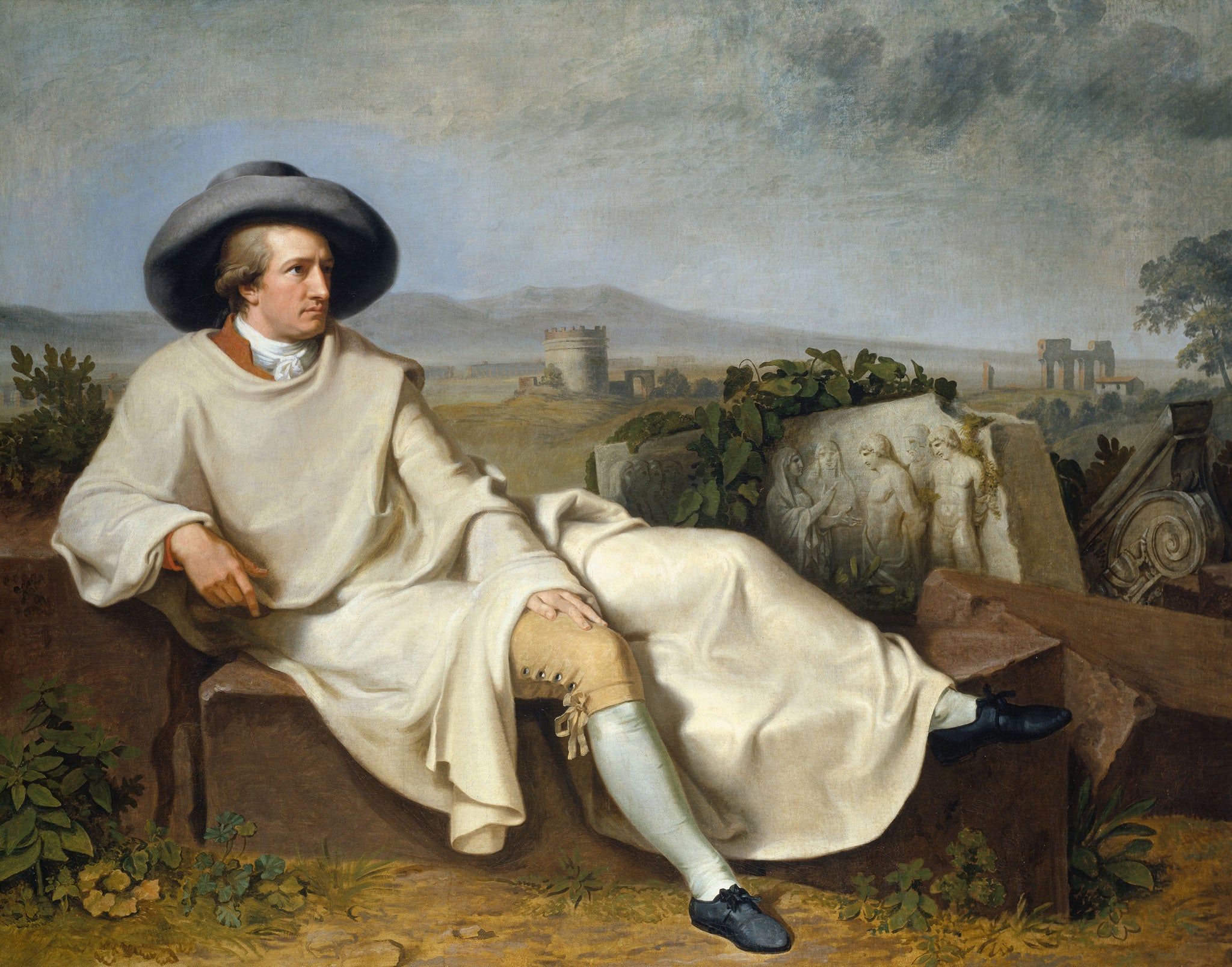Germany: The Memories of a Nation by Neil Macgregor, book review: Past is another country
An impeccably erudite cultural history of Germany in well over 100 objects, ideas and people

'Germany? Where is it? / I do not know where to find such a country," wrote Goethe and Schiller in 1796. Neil MacGregor's alternative cultural history of a country uniquely difficult to pinpoint – its borders shifting, its ruling systems manifold for much of the past 500 years – offers the sense of a coherent whole nonetheless.
His method is memory. His way in is through objects and people; places and buildings; paintings, toys and printed money; forests and single oak trees; a porcelain menagerie; a crudely built handcart as pertinent to the Thirty Years War as to the 1945 refugee crisis; a flag waved in the revolutionary fervour of 1848, 1919 and 1989; a Greek temple to German greatness above the Danube conceived when Napoleon held sway; the Baltic amber harvest; Dürer's engravings; lime-wood carvings by "Germany's Donatello"; how Lufthansa got its name; Gutenberg's 1450s printing press, inspired by Mainz's wine-presses; the lettering of the 1920s liberal Bauhaus movement upon the gates of Buchenwald concentration camp in the forest where Goethe walked, and the first performance of Bach's cantata with the same three words at its heart – Jedem das Seine ('To each what they are due'); and a "hovering angel" in the British Museum with its qualities of Erinnerung und innere Schau ("recollection and inner reflection") – the sculptor Ernst Barlach's "war memorials perhaps the nearest German equivalent to the British war poets' laments".
MacGregor knows unerringly which objects to select and which chapters of Germany's "enrichingly and confusingly fragmented history" to bring to life through them. One object can be interpreted in myriad ways, he argues, depending through which lens of collective German memory one is looking. To read at the measured pace dictated by the narrative voice (those who have listened to the Radio 4 series A History of the World in 100 Objects will know the companionship of MacGregor's calm cadences, beautiful German, and un-showy erudition), is to discover answers to those questions which can be answered: here, then, are analyses of Charlemagne; the Holy Roman Empire, the Thirty Years War and the Peasants' War; the elusive matter of borders and those "phantom limbs" of German cultural memory (Kant's Königsberg, Kafka's Prague); an exploration of Prussia; the reach of Bismarck, who made "the art of the possible" his own; the historic role of the Rhine – "German river, or German frontier?"; and why Heine's poem "The Lorelei" was once attributed to "Anon".
Language is a powerful leitmotif: the "triumph of translation" that is Martin Luther's 1534 bible, where "language has a new purpose, to speak to everybody, the Gospel translated not as theology, but as conversations you might overhear … Jesus speaking as a German carpenter to a German fisherman". There is mention of the Brothers Grimm's great dictionary project through to Thomas Mann's 1945 speech at the Library of Congress: "the German language … is my true homeland."
The chapter on the centuries-long tradition of apprenticeships fascinates: pride in good craftsmanship, the reassuring "Made in Germany", and "the hum and thrum of the music of precision engineering" as one of the enablers of Wirtschaftwunder, the economic miracle; the Trümmerfrauen ("rubble women") another: "their strength, emotional and physical, put the country back on its feet", the hard work offering perhaps a temporary escape from "uncomfortable truths". And here MacGregor alludes to those posed but unanswerable questions which have led to an unparalleled exercise "in painful self-recollection" in the 25-year-old New Germany.
This book is immaculately researched, timely and important – and it is also good to be reminded of Kant's awe of "the starry sky above me and the moral law within me".
Join our commenting forum
Join thought-provoking conversations, follow other Independent readers and see their replies
Comments
Bookmark popover
Removed from bookmarks